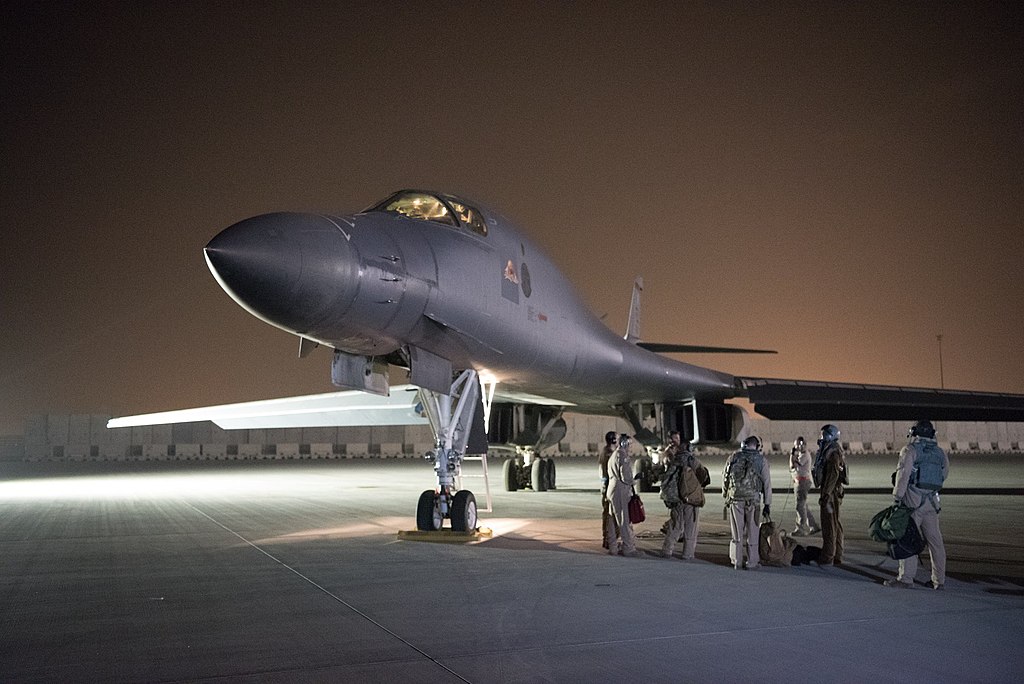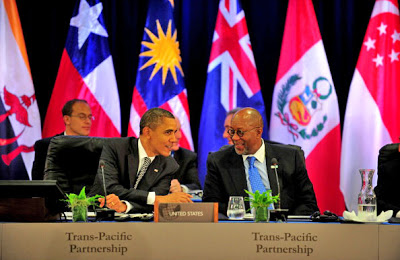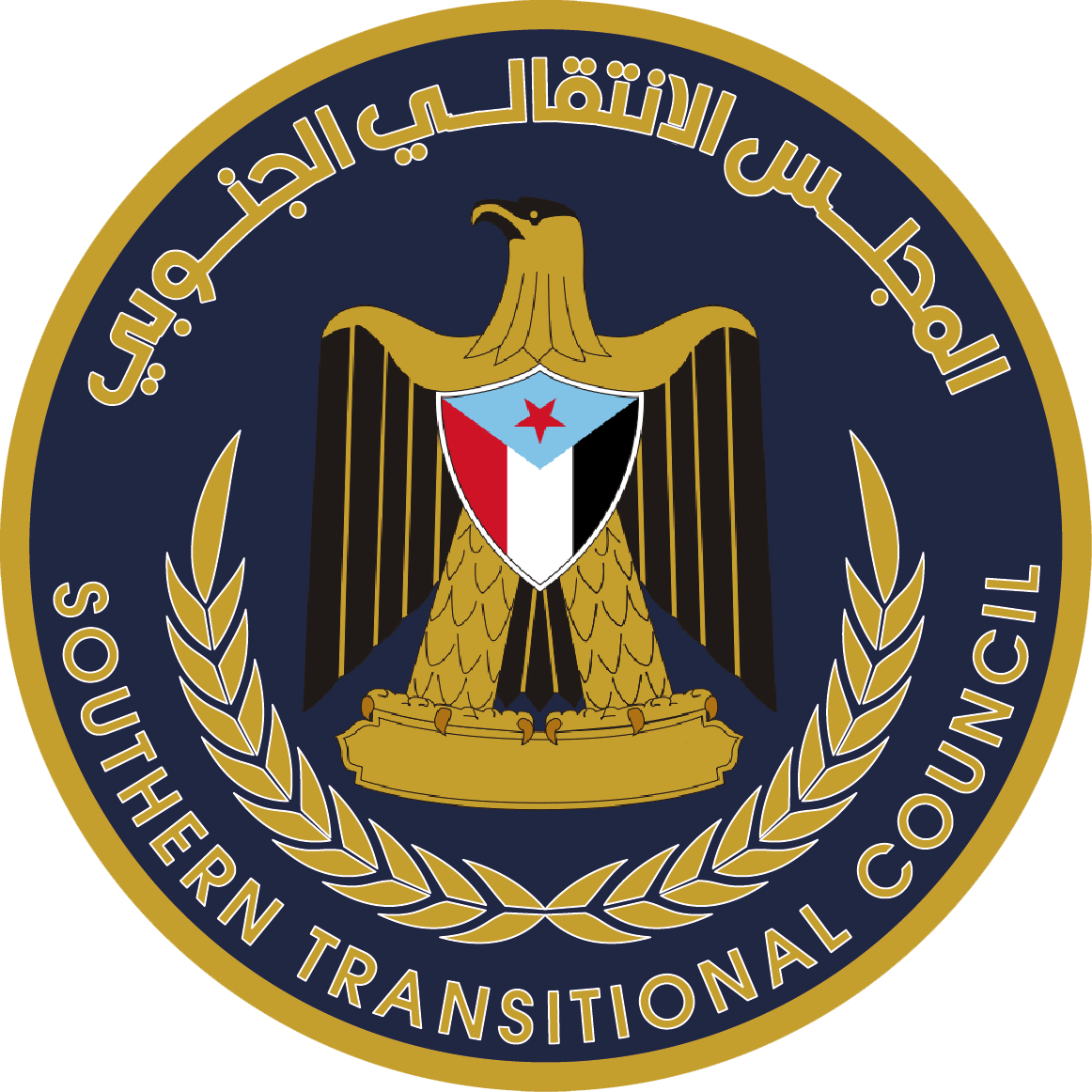In its aftermath, last Saturday’s US-led strikes against Syrian chemical weapons-related sites did little more than raise eyebrows in the international community. There were no verified casualties and the targeted sites were successfully eliminated, but the Assad regime still maintains a limited WMD capability and the will to continue deploying it against civilians in the backdrop of the now 7-year-old civil war in the country.
Put bluntly, it was too little, too late. The Allied strikes had only hit targets that were known by Western intelligence to produce or maintain chemical weapons. Locations of other sites remain cloaked in greater secrecy by the Syrian government, which have only been emboldened to do more with its remaining WMD stockpile while being backed and protected by Russia, a UN Security Council member. The already high death toll from chemical attacks will continue to rise as retaliatory attacks by government forces against opposition cities remain expected. The bottom line is that the strikes have done little in the way of changing the war.
A Deadly Lack of International Commitment
The greatest outrage from this turn of events is not the Allied response itself, but the continually demonstrated lack of commitment by the international community to adequately prevent and deter the use of WMDs like the chlorine gas and sarin nerve agent repeatedly deployed by the Syrian military. In fact, the Douma attack on April 7 – which the Allied strikes were a response to – was only one of up to 85 chemical attacks since 2013, according to Human Rights Watch.
[perfectpullquote align=”right” bordertop=”false” cite=”” link=”” color=”” class=”” size=””]”If inaction is the norm and gassing civilians is allowed… then the community of nations today will have left a moral deficit on the world tomorrow.”[/perfectpullquote]
The recent campaign by American, British, and French forces is a welcome change of pace by demonstrating initiative in the Trump administration and elsewhere to eliminate or degrade the risk of chemical weapons usage and proliferation in the region. It follows a similar punitive strike carried out by US forces last April in response to the Khan Shaykhun chemical attack. But it should be noted that both counterattacks were severely limited in scope and are only a temporary solution militarily and politically speaking. Concerns over mission creep have generally kept NATO members like Canada out of any greater involvement in the conflict.
The Thin Red Line
Back in 2012, President Obama famously issued a “red line” concerning the use and spread of chemical weapons in Syria, tacitly threatening military action. Infamously, the Assad regime later used those weapons against rebels and civilians with little consequence from the US or the international community, thereby calling Obama’s bluff and setting a precedent for the regime’s expanded usage of WMDs. It seems that now, under the Trump administration, Obama’s red line is finally being enforced, albeit at a very limited scale and driven chiefly to prevent WMDs from potentially falling into the hands of terrorists rather than to prevent further chemical attacks on civilians.
Moving forward, it would make sense to ask what a red line should entail in the event that another government decides to use WMDs against its own citizens. Events in Syria, like Iraq in the past, have only demonstrated that international actors can stand idly by in the face of war crimes committed with WMDs as long as those crimes are within a country’s borders. The responsibility to protect (R2P), a doctrine endorsed by all UN member states in 2005 to prevent mass murder, should have emboldened the international community to respond accordingly. If human rights were agreed upon to be held as the moral standard in the community of nations, then that same community should be able to confidently draw the line at WMD usage.
Alas, enforcing the red line is difficult in praxi. The mere use of WMDs on civilian centres was an escalation that should have clearly signalled for a swift, UN-authorized intervention against the Assad regime. Yet, the exact opposite happened. Russian and Chinese support of Syria in the UN Security Council, along with a general unwillingness in other countries to get involved in the admittedly complicated Syrian conflict, have kept the international community from responding.
Erasing the Line
If maintaining the international human rights-based order was a priority for the international community, then any red line on WMD usage, especially in war crimes, should be effectively enforced without exception and with resounding overall support. But the familiar deadlock in the UN, specifically the Security Council, proves otherwise. Russia and China have very unsurprisingly placed higher value in state sovereignty rather than human rights by voting to condemn the Allies for the strikes. With Syria’s allies decrying any punitive action as “treacherous and insane”, the Western powers had to go it alone. As it is, the red line needed to deter future WMD usage has been slowly erased.
Further, any foreign intervention for regime change will prove unpopular post-Iraq, especially with the similarities between the political situations of Syria and Iraq. The recent antiwar demonstrations in the West have made it clear that there is waning appetite in the general public for any further involvement in the Middle East, yet there is also a conflicting yearning for an end to the Syrian civil war, a stop to Assad’s use of WMDs, and punishment for Assad’s war crimes.
The weariness over foreign intervention in Syria post-Iraq is no different to the hesitation in the 1990s after the Somalia crisis and in the face of genocide in Rwanda and Yugoslavia. If anything, the antiwar movement is costing lives by tying the hands of politicians and muzzling Western militaries from taking action against the egregious use of WMDs by despotic regimes against innocent civilians.
Most concerningly, Syria has set a precedent for WMD usage by legitimizing the domestic use of chemical weapons. Time and time again, the Assad regime has defrauded the international community having cheated sanctions and promises of WMD disarmament. This has directly enabled its chemical attacks and resultant mass casualties. If inaction is the norm and gassing civilians is allowed by select superpowers, then the community of nations today will have left a moral deficit on the world tomorrow. By then, there will be no red line to protect any innocent civilian in the world from the horrendous effects of chemical, biological, radiological, or even nuclear weapons.
Photo: A B-1B Lancer deployed to the 379th Air Expeditionary Wing prepares to launch a strike mission from Al Udeid AIr Base, Qatar, April 13, in support of the multinational response to Syria’s recent use of chemical weapons. By Staff Sgt. Joshua Horton (United States Air Force) via Wikipedia Commons. Public Domain.
Disclaimer: Any views or opinions expressed in articles are solely those of the authors
and do not necessarily represent the views of the NATO Association of Canada.




